This site is being reviewed and updated as needed to comply with President Trump's executive orders.
Home / Data
Home / Data
Adult Maltreatment Reports
Below are NAMRS data reports, or Adult Maltreatment Reports, for each year of reporting. Note that 2016 was the first year of national reporting and the first two years of reports are provided in multiple volumes.
Last Modified: 01/23/2026

